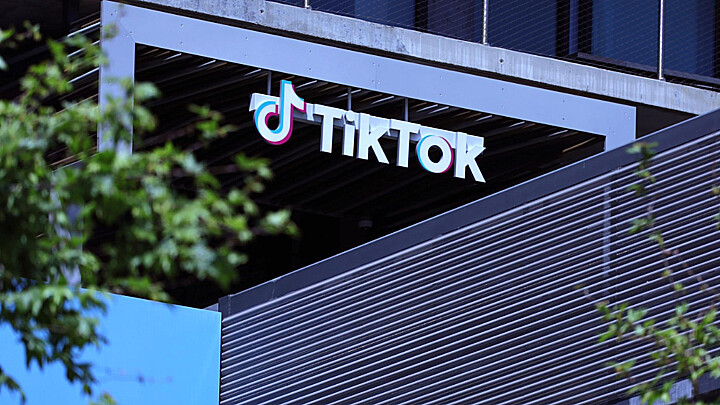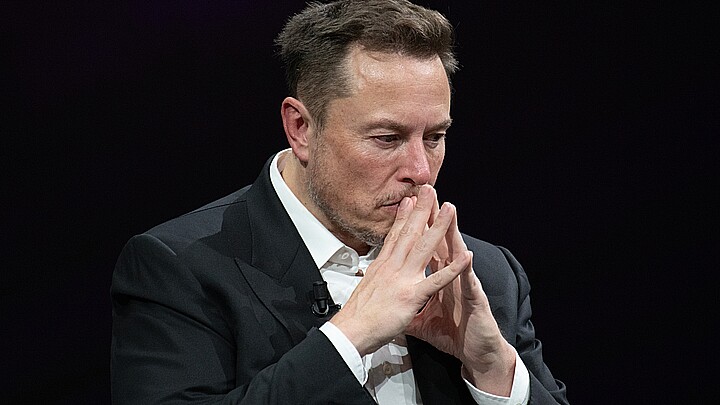Technology
State attorneys general band together to investigate Instagram’s impact on children
'We make body image issues worse for one in three teen girls'
November 18, 2021 6:42pm
Updated: November 18, 2021 8:59pm
A bipartisan coalition of state attorneys general announced an investigation on Thursday into whether Instagram’s engagement tactics and negative effects on children constitute violations of consumer protection laws.
The investigation follows reporting by the Wall Street Journal in September, which revealed that Instagram’s internal research found its pursuit of engagement and focus on appearance was extremely harmful on its teenage users, especially girls. “We make body image issues worse for one in three teen girls,” said one widely cited slide.
“Facebook, now Meta, has failed to protect young people on its platforms and instead chose to ignore or, in some cases, double down on known manipulations that pose a real threat to physical and mental health — exploiting children in the interest of profit,” said Massachusetts Attorney General Maura Healey, a Democrat.
The Wall Street Journal, citing “a person familiar with the probe,” said on Thursday that the attorneys general were spurred by a comment from Instagram head Adam Mosseri, who stated in an interview that the issue should be left to legislatures because the “attorney generals’ responsibility is primarily to enforce the law, not write them.”
"When social media platforms treat our children as mere commodities to manipulate for longer screen time engagement and data extraction, it becomes imperative for state attorneys general to engage our investigative authority under our consumer protection laws," said Nebraska Attorney General Doug Peterson, a Republican.
This investigation increases pressure on Instagram and its efforts to increase time spent on it in the face of steep competition from rivals Snapchat and TikTok.
The coalition also includes attorneys general from California, Florida, Kentucky, New Jersey, Tennessee and Vermont. A full list of states participating is not yet public.










